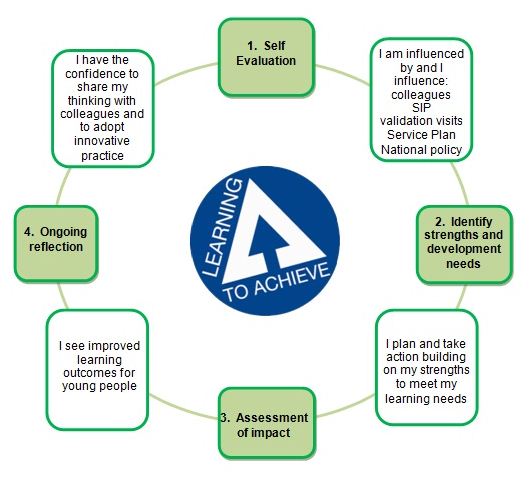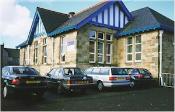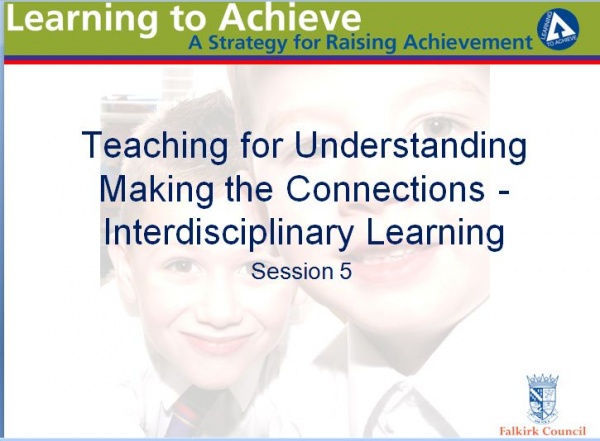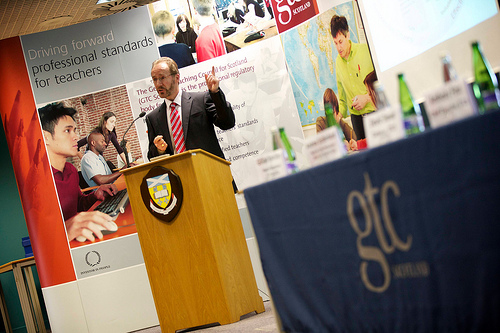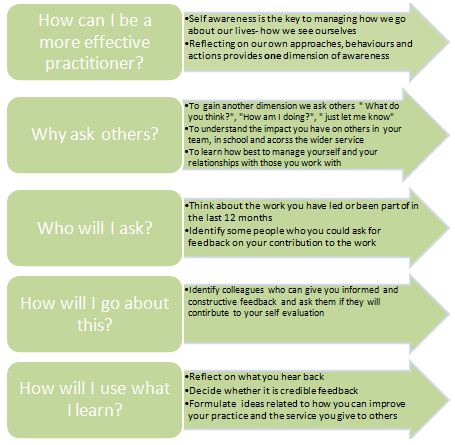Last Saturday morning Anne Pearson, Curriculum Support Manager, headed down to the Falkirk Football Stadium to team up with Colin Finlay who was hosting the event in his new role as Falkirk EIS Learning Representative. Over 80 teachers from Falkirk, Clackmannanshire, Stirling and North Lanarkshire came along and whilst football was not on the agenda, we engaged in continuous professional development all about Professional Update and Employee Review and Development (ERD) supported by delicious bacon rolls and lots of hot drinks. Ken Muir,the Chief Executive of the General Teaching Council Scotland and Larry Flannagan the EIS General Secretary shared their thinking on the importance of high quality CPD, how this links with Professional Update and is a key factor in school improvement. To quote McKinsey, “The quality of an educational system cannot outperform the quality of its teachers. The only way to improve outcomes is to improve learning and teaching.” These national and international perspectives have informed the rationale for Falkirk Education Service’s ERD systems and processes. Anne Pearson focussed on 4 key elements of effective ERD  and shared exemplar Work Profiles, explaining how these were developed and link to the revised national standards that went live in August this year. The morning ended with a Question and Answer session, the panel being made up of Ken Muir, Larry Flannagan, Anne Pearson and the local EIS Secretary Margaret Smith. The presence of such a large group of committed teachers on a weekend illustrates there is a high level of interest in Professional Update and review and development. Good teachers wanting to know how to be even better! Education Services look forward to continuing our partnership with our professional associations.
and shared exemplar Work Profiles, explaining how these were developed and link to the revised national standards that went live in August this year. The morning ended with a Question and Answer session, the panel being made up of Ken Muir, Larry Flannagan, Anne Pearson and the local EIS Secretary Margaret Smith. The presence of such a large group of committed teachers on a weekend illustrates there is a high level of interest in Professional Update and review and development. Good teachers wanting to know how to be even better! Education Services look forward to continuing our partnership with our professional associations.






